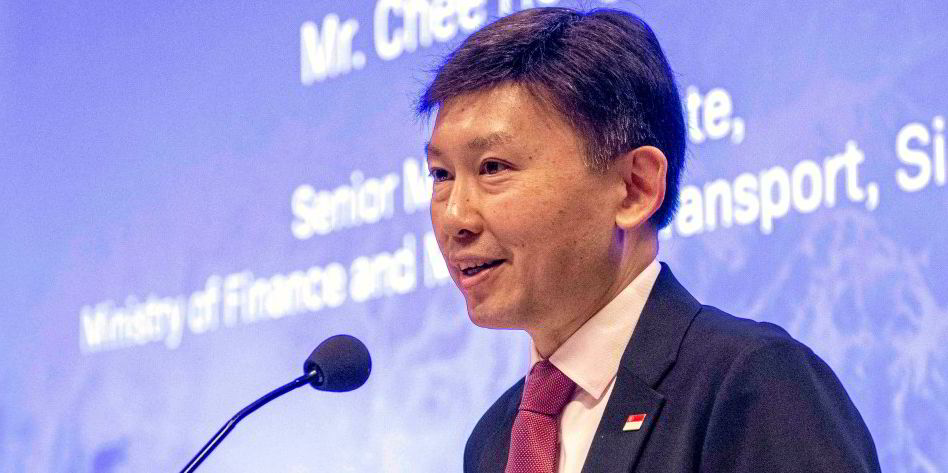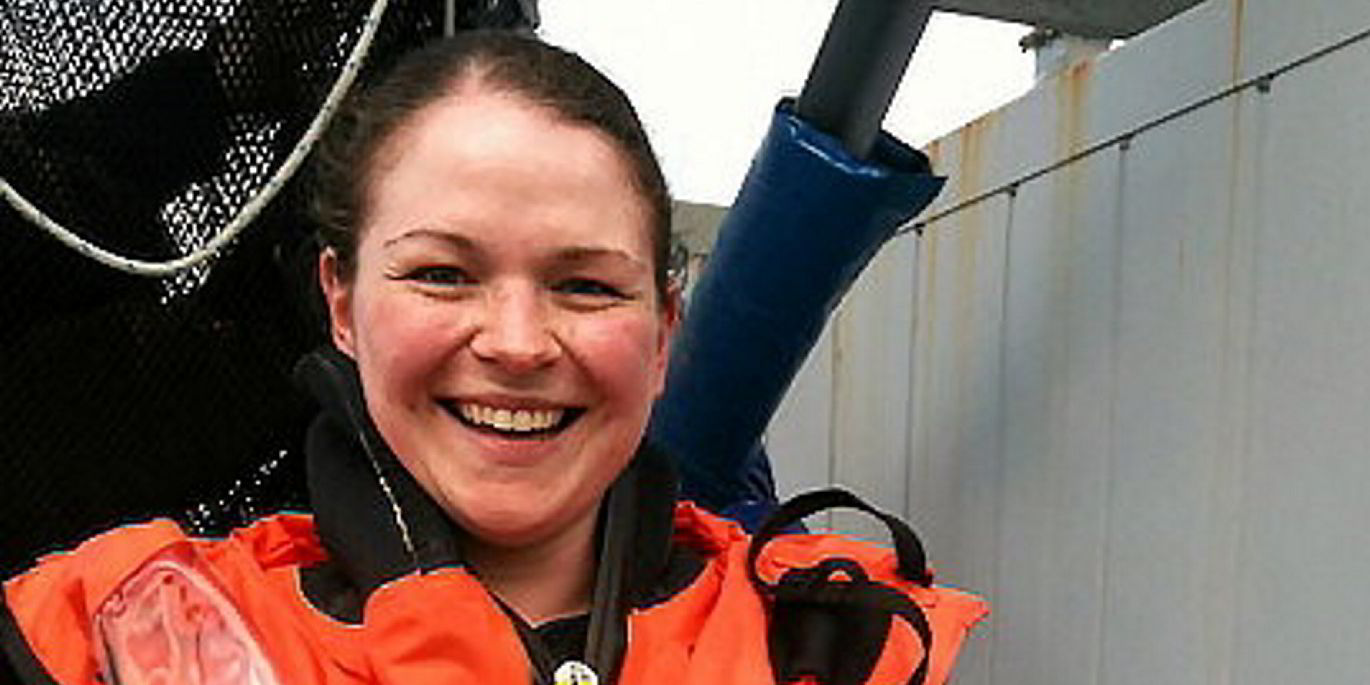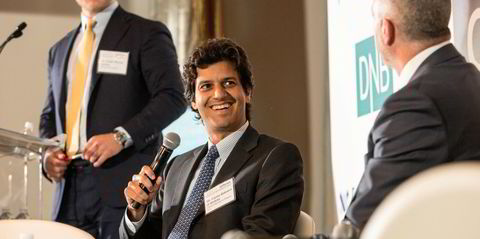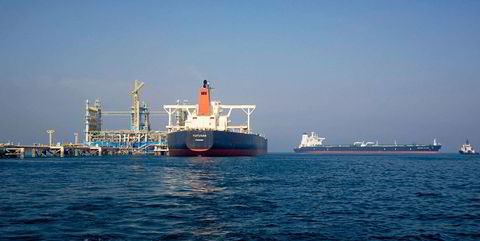Singapore has brought together more than 20 organisations and companies to address the need for workforce competency in new fuels.
The Maritime & Port Authority of Singapore (MPA) and 22 partners signed a letter of intent, coinciding with the launch of Singapore Maritime Week, to develop a maritime energy training facility (METF).
Transport minister Chee Hong Tat told the Singapore Maritime Week audience that Singapore believes shipping’s energy transition cannot happen without the maritime workforce.
“METF will work closely with industry and our unions to develop training curricula and infrastructure that will be useful both to workers and companies,” he said.
“It will comprise a network of training facilities, such as the Singapore Maritime Academy’s integrated engine room and bridge simulator, and a new dual-fuel marine engine simulator.
“We expect around 10,000 seafarers and other maritime personnel to be trained at METF from now to the 2030s, as we progressively develop the training facilities.”
The partners include engine makers, class societies, international industry associations and unions, as well as local institutions such as the Singapore Shipping Association and Singapore Polytechnic.
Rather than being one training establishment, the MPA said the METF would be set up as a decentralised network of training facilities in Singapore.
This will include a dual-fuel simulator for crew training on the safe handling of new fuels such as ammonia and methanol and the management of incidents.
The MPA also said it would use the facility as part of its support of the Maritime Just Transition Task Force and work at the International Maritime Organization, which has begun a review of STCW, the convention on training, certification and watchkeeping for seafarers. Singapore is chairing the STCW review group.
The development of the METF is helping Singapore fulfil one of its three goals, Tat said.
He described Singapore as being a hub for talent development, a hub for innovation and a hub for resilient maritime operations, notably cyber security.
The country has the goal of launching 150 maritime start-ups and has launched 110 so far.
Tat also highlighted what he called regulatory sandboxes, where the authorities work with industry to allow flexibility in the development of solutions, and here he pointed to the drive to develop drones and wing-in-ground craft.





